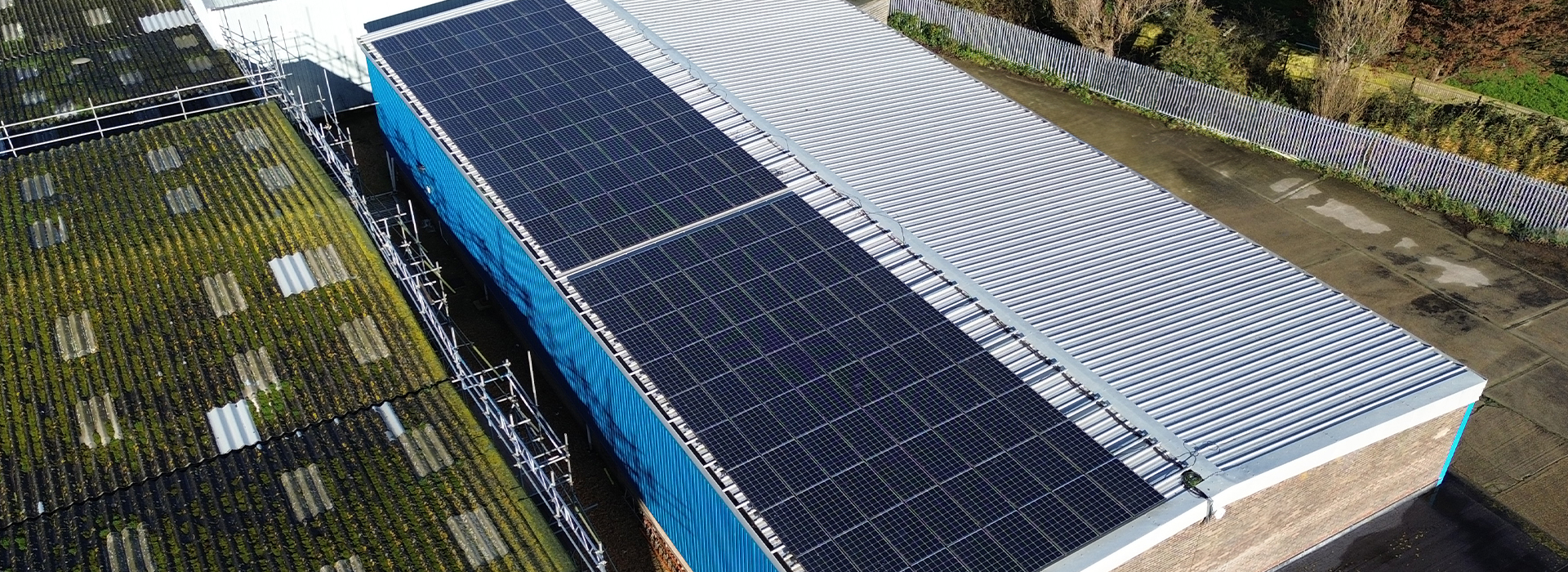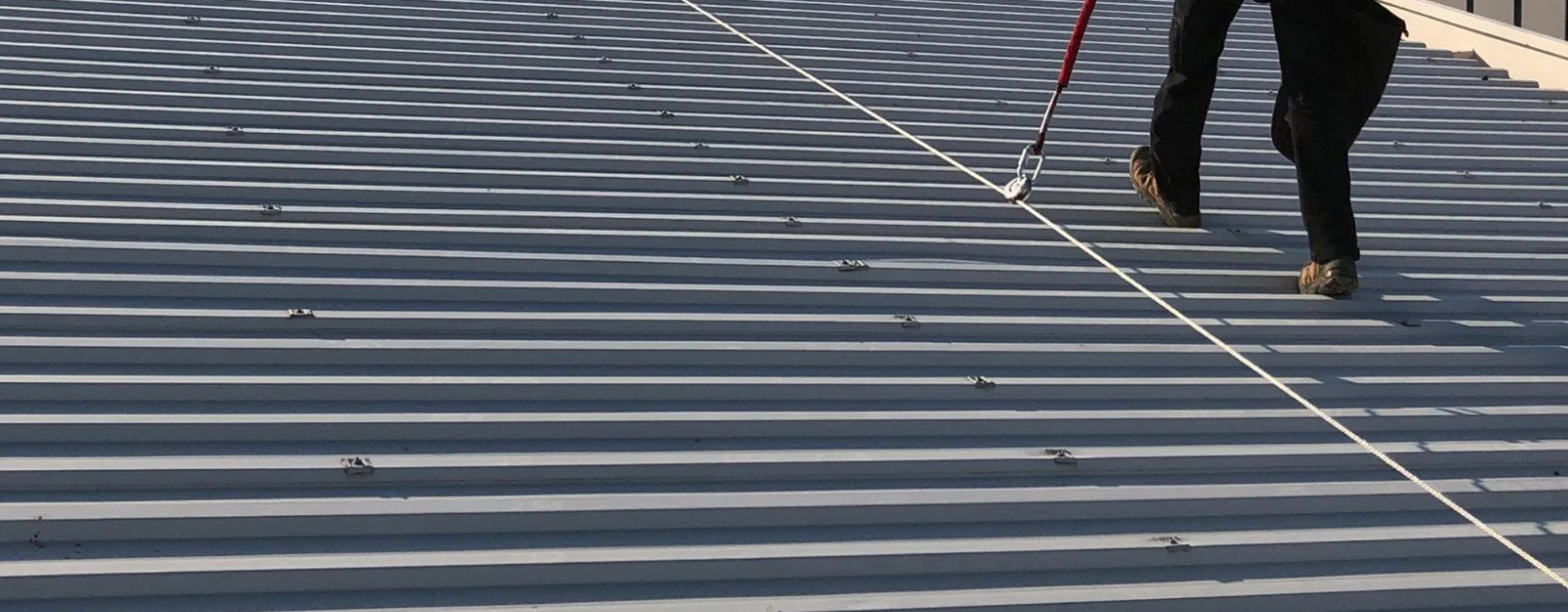As winter approaches and temperatures drop, the need for proper fall protection on industrial and commercial buildings becomes even more crucial. In the United Kingdom, British Standards provide a comprehensive framework for ensuring workplace safety, including fall protection. In this blog post, we will explore why fall protection remains essential during winter operations on industrial and commercial buildings, with a specific focus on British standards.
Seasonal Hazards
Winter brings a unique set of hazards to the workplace. Icy surfaces, snow accumulation, and freezing temperatures can create treacherous conditions for workers at height. Slippery surfaces, reduced visibility, and the added weight of snow on rooftops increase the risk of falls and accidents. British Standards, such as BS 7883:2019, recognize the need for tailored fall protection measures in these challenging conditions.
Legal Compliance
Adhering to British Standards is not just good practice; it’s a legal requirement. Employers have a duty of care to provide a safe working environment for their employees, and failure to comply with relevant standards can result in legal repercussions. In accordance with the Work at Height Regulations 2005 (WAHR), employers must assess the risks and provide appropriate fall protection systems. During winter, this means ensuring that these measures are adapted to the season’s unique challenges.
Enhanced Safety Measures
British Standards provide guidance on selecting and installing fall protection systems. During winter, it’s essential to consider the use of anti-slip coatings on walkways and platforms, snow removal procedures, and the maintenance of fall arrest equipment to ensure it functions correctly in cold conditions. Employers should also provide adequate training to workers, emphasizing the importance of fall protection during winter operations.
Preventing Injuries and Fatalities
Falls from height remain one of the leading causes of workplace injuries and fatalities. In winter, the risk is heightened due to the added environmental challenges. Proper fall protection systems, as outlined in British Standards, can significantly reduce the likelihood of such accidents. This not only protects the physical well-being of employees but also prevents downtime and associated costs for businesses.
Maintaining Productivity
Winter weather conditions can disrupt operations, but ensuring fall protection is in place can help maintain productivity. By preventing falls and accidents, businesses can continue their work uninterrupted, even in adverse weather. This not only protects the bottom line but also ensures that employees can work safely and efficiently throughout the winter months.
Conclusion
Fall protection is not a seasonal consideration; it is a year-round necessity, especially in winter when the risk of falls increases. British Standards offer a comprehensive framework for implementing effective fall protection systems, and employers must prioritize compliance to ensure the safety of their workers. By following these standards, businesses can prevent injuries, save lives, and maintain productivity even in the harshest winter conditions.
As winter approaches, remember that fall protection is not an option; it’s an essential part of workplace safety that should be upheld according to the rigorous standards set forth by the UK.



